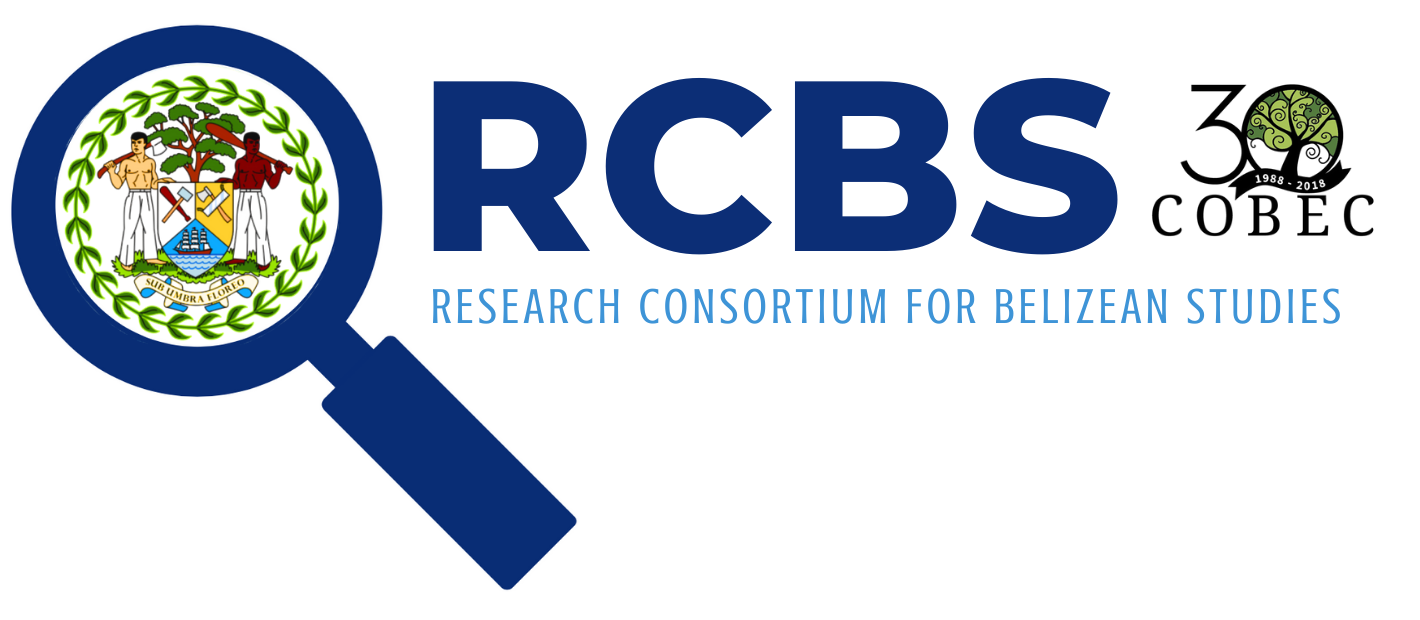
Research Consortium for Belizean Studies
Title
Factors that Contribute to the Disparity in Academic Achievement of Students from Southern Belize
Abstract
Standardised assessment is no new to the education systems of developed countries and likewise true in developing countries. Accordingly, in both developed and developing countries, standardised assessments are mandated at the national, state, regional, and/or district levels in order to gather data about students’ achievement over time and to hold educators and students accountable for educational outcomes. The assumption is that education is a social investment that ought to produce the human capital requisite for a functional and progressive society; and indeed, it is. When education is neglected and/or not transformative, the results are adverse to a society, as we have experienced in Belize where, as Minister of Education Patrick Faber has noted, “the long-standing challenges of crime, violence and poverty . . . have continued to plague us for many years now”. However, as Faber advances,
"[E]ducation can be truly transformative and so the challenge is not so much about investing more as it is about doing things differently! Therefore, education in Belize will be truly transformative only if we transform education. That means not investing in a more expensive status quo but changing the status quo. Any additional investment in education must be aimed at changing the status quo."
Publisher
Caribbean Quarterly: A Journal of Caribbean Culture
Date of Publication
5-4-2017
Document Type
Article
Recommended Citation
Vairez, Mathias R. Jr; Hermond, Douglas S.; Gomez, Frank C.; and Osho, Gbolahan S., "Factors that Contribute to the Disparity in Academic Achievement of Students from Southern Belize" (2017). Research Consortium for Belizean Studies. Paper 20.
https://doi.org/10.1080/00086495.2017.1302158

